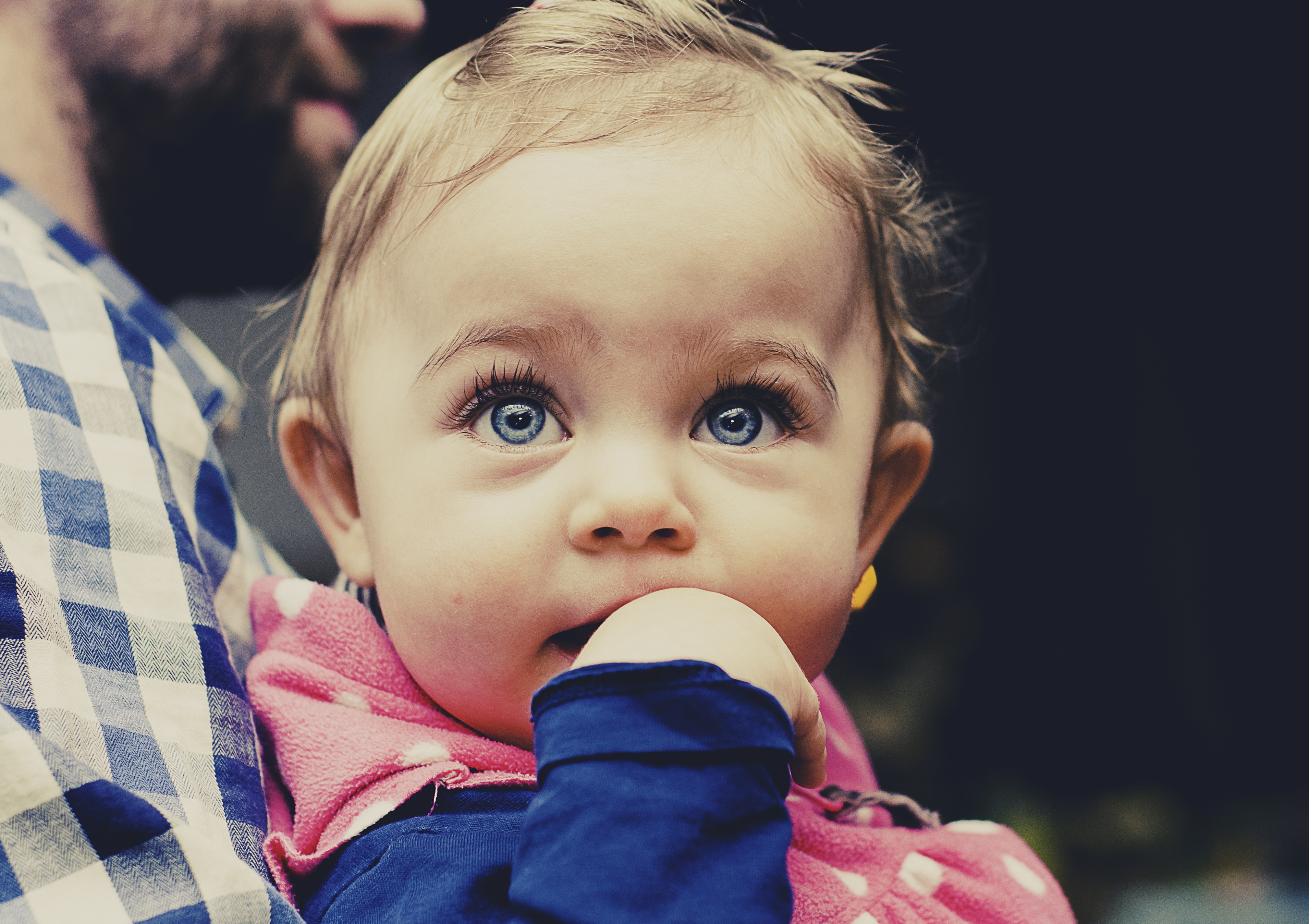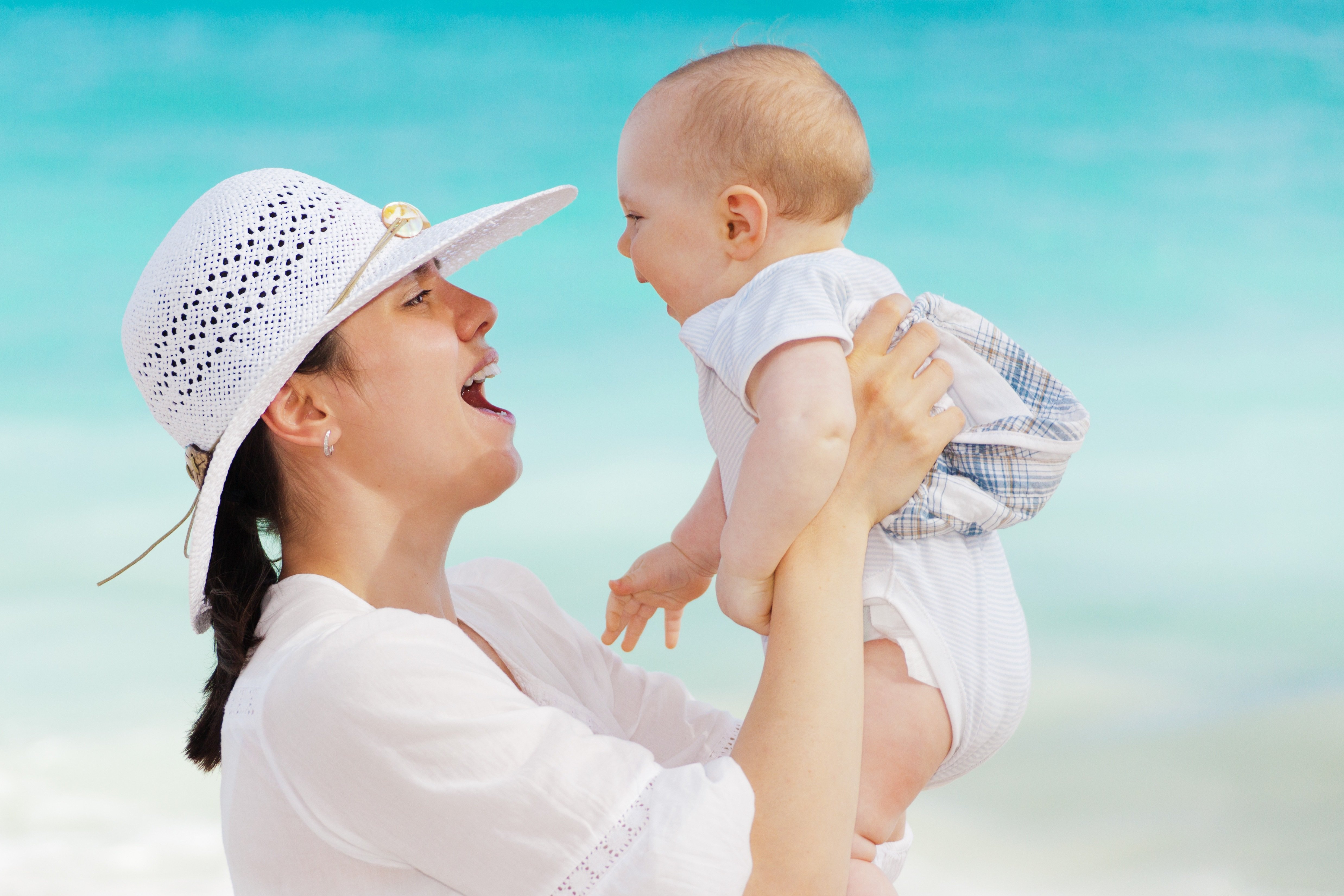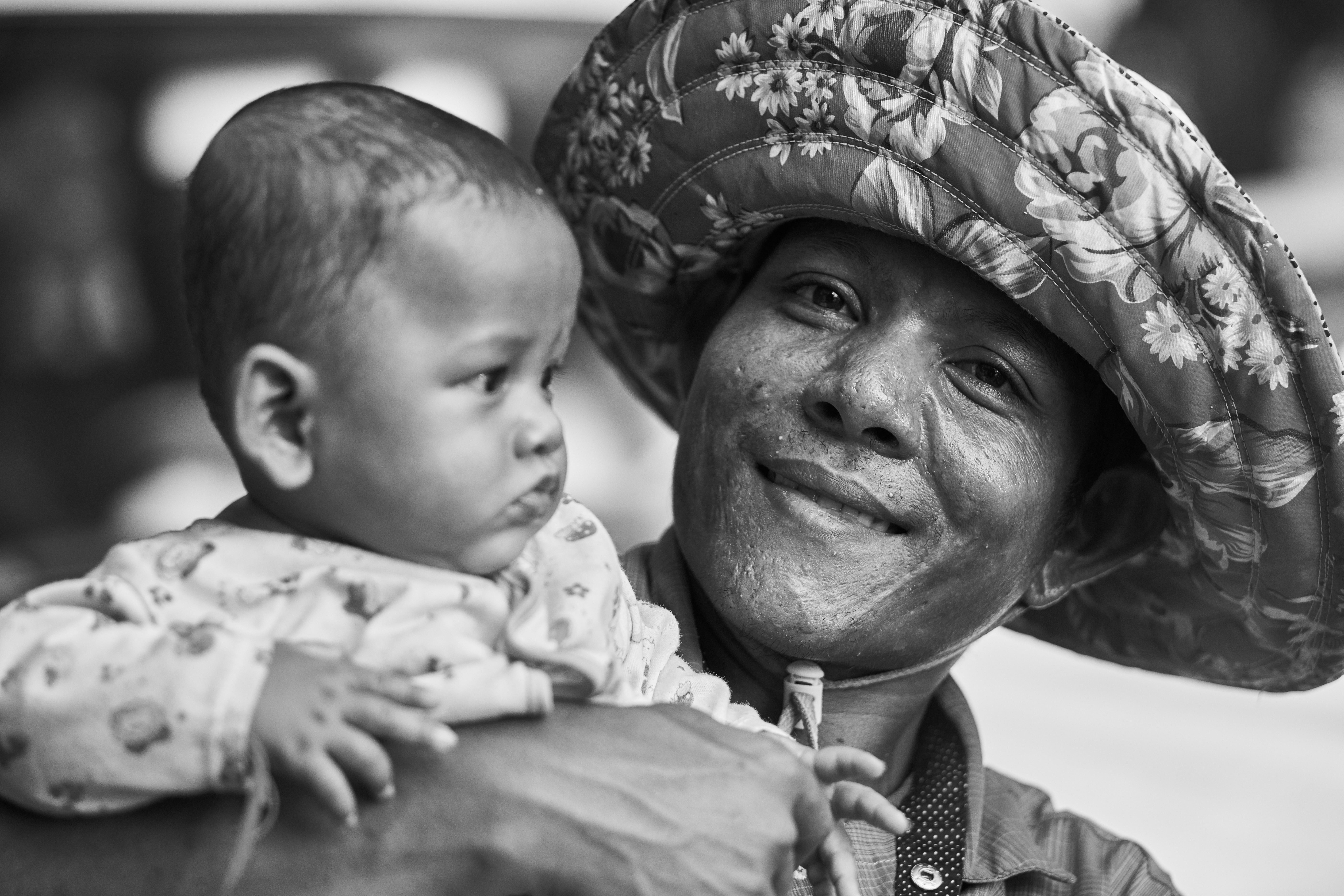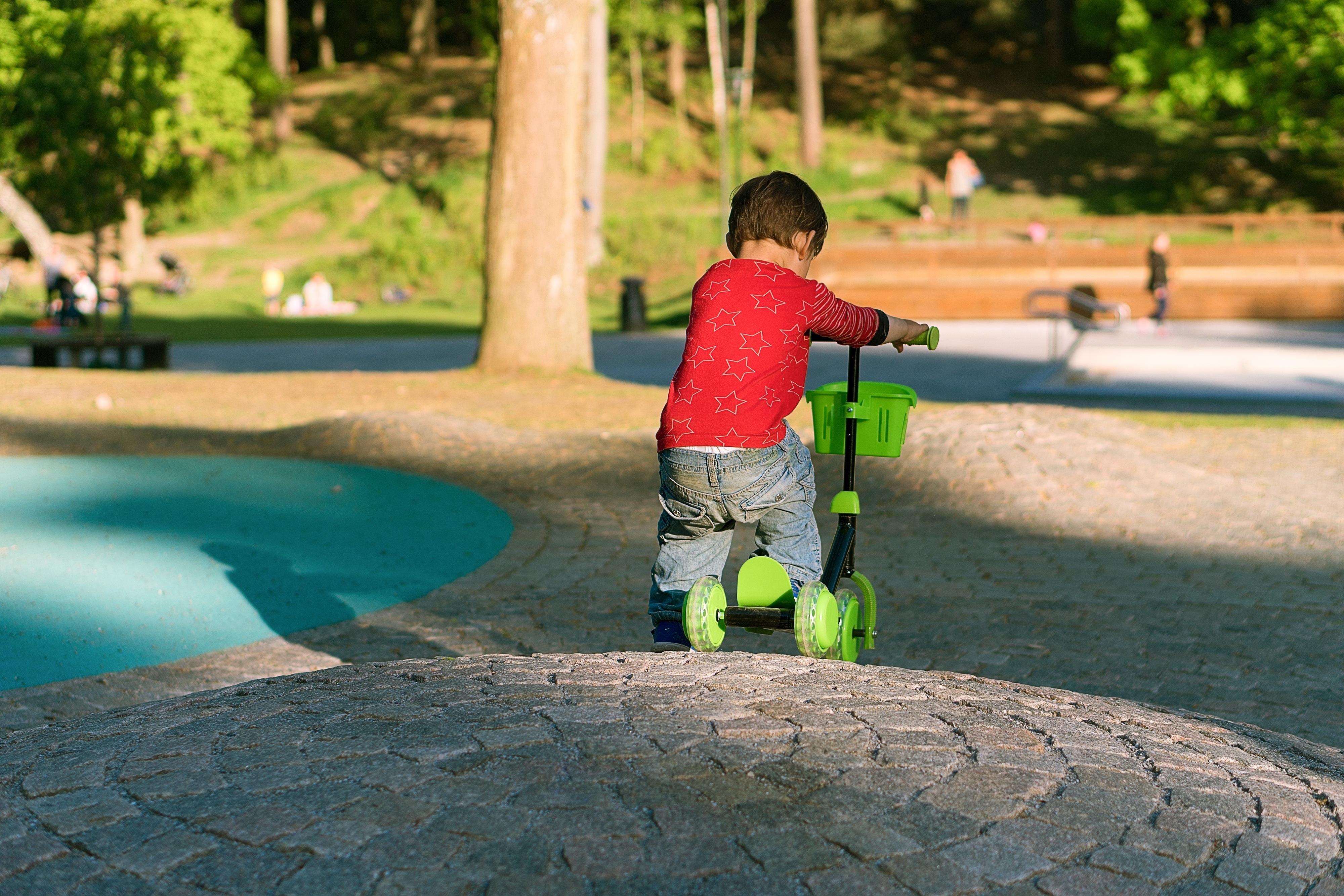Table of Contents
How To Burp A Newborn That Won’t Burp
How to burp a newborn that won’t burp: Newborns require sleep, food, and burping. That’s pretty much it. It sounds simple, but each of those can be difficult, right? for baby, and thus for you. Getting those air bubbles up and out is one of the many skills you’ll need to learn if you want to be a little more content.
And sometimes, those gas bubbles just pop out with little effort. Sometimes you’ll be patting and bouncing for an eternity while your newborn squirms, wriggles, and cries in pain. What will you do when your baby refuses to burp? How to burp a newborn that won’t burp?
If you’re having trouble burping your newborn consistently, you might want to reconsider burping your baby. Every baby does not need to burp at every feeding!
However, numerous other methods for burping a newborn won’t burp. If your baby is hard to burp, experiment with different burping positions such as the football hold burp, rubbing the back rather than patting, and gently leaning forward and backward.
If your baby becomes upset while burping, you can try soothing him and burping him when he is calmer.
You must learn how to burp a newborn that won’t burp. Let us discuss this further.
What happens if your hard-to-burp baby really won’t burp?

How to burp a newborn that won’t burp: It’s important to know that it won’t be the end of the world if you can’t get your hard-to-burp baby to bring up trapped air. If your newborn doesn’t burp, there are a few likely scenarios:
- Baby will be absolutely fine and burp after a nap, at the next feed, or at another time when you’ve forgotten all about it.
- Baby is comfortable and content, but that air bubble pops out when you’re least expecting it, along with half or even all the milk your little one drank so long. It often happens in the early days with extremely hard-to-burp-baby twins.
The next two are more problematic:
- Baby is gassy and uncomfortable, fussy and irritable, and gives you all the signs they need to burp.
- The least desirable possibility if your newborn doesn’t burp is that any trapped air will be forced into the gut. Even if your baby weren’t uncomfortable, these air bubbles would probably aggravate lower down, and the only way out is via the other end. Explosive poop alert!
Gas bubbles in the stomach and lower down in the abdomen can be one of the causes of colic and evening fussiness, aka The Witching Hour.
Can baby choke if not burped?
How to burp a newborn that won’t burp: You might worry about what will happen if your newborn won’t burp before going to sleep and then spits up while sleeping and lying down. Does your baby have to burp to stay alive? If the baby spits up or throws up while lying flat on its back, there is no chance it will choke.
Sleeping on the back is the most important tip for safe sleep to lower the risk of SIDS. If your newborn won’t burp and spits up or throws up while sleeping, the liquid will either be swallowed or end up on the sheets. Even if you burp your baby, it may still throw up.
When should I burp my newborn?
How to burp a newborn that won’t burp: If you’re feeding, your baby will generally tell you when they need to burp by stopping and refusing to eat anymore. That’s your cue to burp your baby.
Other signs may accompany this refusal to feed.
Signs baby needs to burp:
- red, grimacing face
- crying, fussiness, and general irritability
- clenched fists, flailing arms, and legs
- drawing knees to chest
- stiff and tense in the body
- high-pitched crying
Is your hard-to-burp baby gassy or simply overtired?

How to burp a newborn that won’t burp: When babies are tired, they tend to lose interest in their surroundings, stare into space, and want to suck (if 6 weeks or older). As they start becoming overtired, they can become tense and irritable.
Signs that your baby is overtired include:
- frantic, jerky movements and general discomfort and irritability
- wriggling and squirming
- arching back and neck
- spitting-up
- grimacing, red-faced
- screwing up face
See how similar these are to the signs that a baby needs to burp.
It can be quite difficult to tell if tiredness is the issue or if your baby has gas and needs to burp, but keeping an eye on when your baby last napped and knowing their “awake time,” the time your baby can happily stay awake before needing to sleep, can help.
If your baby has been awake a long time (as a guide, babies younger than 3 months can very rarely stay awake for longer than 2 hours without becoming overtired) and won’t burp, try settling her to sleep.
Or, if the environment is very stimulating (lots of bright lights, unfamiliar faces, loud unfamiliar noises), take her somewhere quiet. You can also try holding her in a comfortable position, encouraging a burp (e.g., the colic carry) rather than frantically trying to wind your baby, which may stimulate and irritate further.
How to burp a newborn that won’t burp
How to burp a newborn that won’t burp: Most of the time, it’s easy to burp. Below are some tips on how to burp a newborn that won’t burp.
- Put the baby in a standing position on your shoulder or lap.
- Rub or pat them on the back.
- Wait a minute/two and try again if the baby doesn’t burp.
If your child is restless and all else fails, here are 13 more ways to get your baby to burp:
How to burp a newborn that won’t burp: 13 proven ways
- Over-the-shoulder burp: Place the upper belly of your baby on your collarbone. Pat their back and apply gentle pressure with your collarbone, or gently rub circles on their back with the heel of your palm.
- Over-the-lap burp: Place the infant on your lap and place your heel under their ribcage. Pat their back or massage circles on their back with your other hand, giving little pressure with the heel of your hand.
- Over-the-arm burp: As you stroll around the room, carry the baby on your arm and gently touch its back.
- Over-the-hand burp: Place the baby on your lap and press your heel into their tummy, resting their chin on top of your hand. Lean in and massage the back of the infant.
- Over-the-knee burp: Gently pat your baby’s back while placing their stomach over your knee.
- Knee-to-chest burp: Rub or pat the baby’s back by bending their legs toward the chest.
- Grandmother’s burp: Place the newborn on your lap and support their head with the heel of one palm placed into their stomach and your fingers on either side of their chin. Run your thumb and forefinger up the spine of the baby.
- The ‘old-school’ burp: Hold the baby in your lap and lean forward slightly at the waist. While patting or rubbing your baby’s back, gently twist their body back and forth from the waist as if performing a pre-aerobic warm-up workout. Do this in all directions, including the front, back, and sides.
- Dance out the burp: Holding the baby securely between your two hands, seat the baby on your knee, and gently rock the upper half of the baby’s body left to right and back in a rhythmic, repeated motion. Bounce your knee gently while you do so.
- Bounce out the burp: Using an exercise ball is the best way to burp. Hold your infant near your chest, one hand on their back and the other on their neck and head. Then, softly bounce up and down while sitting safely on your exercise ball.
- Massage out the burp: Place the baby on their stomach, with their head slightly turned to one side. Gently touch your baby’s spine and slide one hand up his or her back until you reach the shoulder blades. As you massage, place your other hand at the base of your baby’s spine.
- Bicycling: While the baby is lying on its back, slowly pedal its legs toward its chest like a bicycle.
- Sling burping: Place the baby in a sling against your chest and wear him or her until the air comes up. You can run errands or walk around simultaneously—the rhythmic bouncing may aid in evacuating the gas.
What to Do When Baby doesn’t burp

How to burp a newborn that won’t burp: What do you do if your baby is still uncomfortable but won’t burp after you’ve tried all the positions above? It might be time to try changing some things that could make your baby uncomfortable to see if that helps.
- Mom’s diet: If you are a breastfeeding mom, your diet may be to blame. Try keeping a food journal to see what you eat when your baby is the most upset. Then, try cutting out that food and seeing if that helps. You can also try taking milk, cheese, and ice cream away from your baby’s diet to see if that helps.
- Formula: Shaking is often used to mix powdered formula with water, which adds tiny air bubbles to the mix. Try swirling the formula into the water or letting it rest after shaking, which lets the air bubbles escape. You could also try using a formula that has already been mixed. Talk to your child’s doctor first if you want to change the formula.
- Nipples: There are a variety of nipples for babies of all ages (preemie, newborn, 3–6 months, 6 months and up, etc.) Babies with large nipples may swallow too quickly and breathe in as they attempt to keep up with the strong flow. Choose the correct size for your baby to make feeding them as easy as possible.
- Bottles: Some infant bottles are designed to hold the least amount of air possible. Others use disposable liners, vents, or straw-like mechanisms to prevent bubbles from entering the baby’s system when drinking.
- Over-the-counter medicine: If your baby has gas, you could try simethicone gas drops like Mylicon or Little tummy’s gas relief drops. However, a study has shown that gas drops don’t work better than a sweet-tasting placebo.
- Gripe water: Gripe water is a remedy often made with herbs that calm the stomach, like chamomile, dill, ginger, or peppermint. Some versions also contain sodium bicarbonate. Make sure to choose versions that don’t have alcohol or sugar, and if it has sodium bicarbonate, be careful with how much you take.
Why Do Babies Burp?
How to burp a newborn that won’t burp: The best way to think of burping is like a can of soda with trapped carbon dioxide gas at the bottom. To get the bubbles out of the can, you must tap it until the “fizz” comes out of the hole.
There are three main reasons why babies get gas:
1. Swallowing air
It happens when your baby swallows too quickly. Either the baby is hungry, or the milk is running out of the bottle too fast. When a mom is breastfeeding and has a lot of milk, babies also tend to swallow more air. To deal with the increased flow, the baby will swallow quickly, which will cause him or her to gulp air. If your baby is letting down a lot of milk quickly, you can try different breastfeeding positions to help him, or she let down milk more slowly. You can also try giving smaller feedings and burping your baby more often.
Other ways to help the baby swallow less air include:
- When breast or bottle feeding, keep your infant upright in your arms.
- Using a nipple to block extra air (more on that later).
- Holding the bottle in such a way that less air enters the nipple.
- Make sure the formula is heated enough to taste comfortable.
- Bathe the baby in warm water.
- Massage the baby to help the gas go through their body.
2. Digestion
The mom’s food makes its way into her breast milk, so the baby “eats” the same food. Some of the baby’s food is turned into a gas by bacteria in the baby’s intestines. The gas then comes out of the baby’s mouth or behind. Foods that make adults have gas will also make babies have gas. Broccoli, cauliflower, cabbage, Brussels sprouts, and beans are all to blame. Soda, sugar-free candy, and gum also cause gas.
3 Allergic reactions or food intolerance
If breastfeeding, your baby might be sensitive to some foods you eat and have stomach pain. The most frequent food reaction in babies is an intolerance to dairy, especially ice cream, cheese, or yogurt that mom has eaten. Formula-fed babies may also have the same intolerance, making them more gas.
What is the best way to burp a newborn that won’t burp?
How to burp a newborn that won’t burp: Having some basic burping skills in the back pocket for when you require them is a smart idea.
Most experts advocate taking a burp break after 2-3 ounces while bottle feeding or burping between breasts while nursing.
However, with hard-to-burp babies, you may want to ignore those recommendations and only try when you see they need it.
Most people use and advocate two basic burping positions with multiple variations.
Upright & the shoulder
It is the most simple and widely used method of burping a baby:
- Hold the infant against your body with the head facing you.
- Gently place their chin on your shoulder (for God’s sake, wear a burp cloth!)
- If your baby has some head and neck control, you can hold them higher so your shoulder rests lightly on their abdomen.
- Rub and pat their back gently till they burp.
Laying down across your lap
Another popular method is to flatten the baby to move the air bubbles around:
- Place the infant on your lap flat.
- Their head should be down toward the floor, with their tummy over their thighs.
- Rub and stroke their back gently till they burp.
That’s pretty much it for the fundamentals of baby burping.
There’s nothing magical about it. Simply place the baby in a comfortable posture and softly rub and stroke their back with patience until the burp emerges.
It’s oddly satisfying when it happens!
7 burping techniques & ideas for difficult babies
How to burp a newborn that won’t burp: But what if none of your attempts are successful? What if the baby simply refuses to burp?
Here are some suggestions for burping a newborn that won’t burp regularly.
1. Calm them down

Burping a cranky or crying baby is challenging, according to many parents.
It is a hard one because crying is a good indication that they need to burp!
An agitated infant, on the other hand, is a tight, tense baby. Furthermore, the air bubble may have difficulty exiting.
Take a break from feeding and burping your baby, and try to comfort them for a while. Gently rock them, and sing a song to them. You know what will assist your baby relax.
Then, in a few minutes, try again for the burp.
2 Try lots of different positions
There are numerous methods for burping a newborn (most are just small variations of the main two).
But keep experimenting with different ones until you find one that works.
Don’t feel obligated to stick with the other shoulder. You can try resting the baby in your lap or across your forearm in a football-style hold.
If you use the over-the-shoulder approach, try holding them a little higher so your shoulder presses against their abdomen. It may aid in the expulsion of the gas.
Some parents discover that their baby has “a posture” that works like magic or comes near. All you need to do is find yours.
3 Try rubbing vs. patting

Burping is typically associated with gentle pats to jolt the air bubble up and out.
But firmly rubbing the back seems to work a lot better.
- Apply some pressure (but not too much!).
- Make circles with your fingers.
- Up and down, rubbing
- Back and forth, rubbing
You’ll strike “the spot” unexpectedly, and that air bubble will finally pop.
4 Lean them gently forward & backward
You could also try an approach that does not include rubbing or patting.
If you think of a burp as an air bubble trapped in the stomach, you can gently move the baby’s entire body to try to get it out.
Sit them on their buttocks with their torso upright and gently rock them forward and back. Back and forth. Back and forth.
Just don’t speed up, or they’ll hurl!
However, this repetitive movement is excellent for assisting gas in untrapping itself.
5 Bicycling & other limb or body movements

Bicycling is an excellent method for getting a baby to fart, but it may also expel virtually any type of gas!
Place your baby on his back and gently raise his knees to his chest, one at a time, alternating one with the other.
(He’ll appear to be pedaling a bicycle.)
This applies moderate pressure to various parts of the abdomen, allowing farts and burps to escape!
From the same position, you can also try “elbow to knee.”
Pull his left elbow gently to touch his right knee, then repeat on the other side.
6 Skip the burp!
No rule specifies the baby must burp during or immediately after a feeding.
Certain doctors advise not to worry about it, and some cultures do not burp their kids.
If a baby isn’t visibly distressed or uncomfortable by gas, just let it go and don’t bother about forcing a burp out.
Again, use your parental intuition to determine when the baby needs to burp. However, don’t feel obligated to burp after every single meal.
Besides, if you simply CAN NOT get a burp out, that’s a pretty good indication that there isn’t a burp in there, to begin with!
Some parents wait around 20 minutes before repeating the process if the baby does not burp after that time.
7 Talk to a doctor

If you’ve tried everything and still can’t get the baby to burp, and you KNOW the gas is causing him pain or discomfort, it’s time to bring in the professionals.
Discuss the issue with your pediatrician. He or she may prescribe gas drops or other pain relievers such as gripe water.
Consult your doctor before using these; they can be good remedies for newborns with major gas problems due to feedings.
How much time should you spend burping a baby?
How to burp a newborn that won’t burp: Well, how long’s a piece of string?! Some babies are quick to burp, others slower. Or you may find that sometimes you get a load of burps up in minutes, and other times you battle for half an hour or longer. Or maybe your baby is always hard to burp.
There’s also a possibility that you can’t get a single burp up. That’s okay too. Hold your baby upright or in a comfortable position for both of you, or put them to sleep if they need to. (It’s okay to put your baby to sleep without burping. More on that later.)
How often should you burp a newborn each feeding?
How to burp a newborn that won’t burp: If your baby is a greedy guzzler and shows no signals of stopping for a break, she may not need to burp until finished. But we always err on caution and stop at least once for a burp break just in case. If you’re bottle-feeding, enough air has likely been swallowed to warrant a few burps.
Then, once you’ve burped your baby, continue feeding and burp the baby again at the end or earlier as necessary.
Of course, as your newborn gets older and better at feeding, you might find they need to burp less frequently. Like every baby, the best method is to follow their lead.
How much should a newborn burp? (Is one burp enough for a newborn?)
How to burp a newborn that won’t burp: One burp probably isn’t enough, but of course, every newborn is different, and it also depends on just how gassy your newborn is when feeding. Plus, not all burps are equal.
Some experts say 10 burps per feed is the absolute minimum, While some on the other end of the spectrum say some babies just don’t need to burp and not to worry about it.
So, our advice is to allow your infant to burp and follow your baby’s lead. If you can manage three burps and your infant is content, stop. You can always keep her upright to see if any new ones appear. Alternatively, you may discover that even after 10 burps, your newborn still appears gassy and uncomfortable. In that case, continue.
Does spit-up count as a burp?
How to burp a newborn that won’t burp: Your baby may spit up due to some trapped wind, so as a gas bubble is expelled, a bit of milk comes too. But newborns can spit up simply because the valve between the stomach and esophagus is underdeveloped.
Instead of only allowing food to pass into the stomach, it opens when it shouldn’t. This is why you want to keep your baby upright after feeding – lying down puts extra pressure on the valve, forcing it to open.
Sometimes spit up will count as a burp, but you could get lots of wind up, and the baby continues to spit up.
Why won’t my baby burp?
How to burp a newborn that won’t burp: Your baby won’t burp because she doesn’t need to. This could be the case if over the age of six months.
However, newborns will almost certainly have taken some air in when feeding; it’s almost unavoidable, so they will probably need help burping.
If your baby is hard to burp, those air bubbles have just got a little stuck. So the positions you normally use to burp your baby don’t do the job, leaving you stuck with a newborn that won’t burp and has gas or even with a baby that can’t burp and is in pain.
Why Do Babies Need to Be Burped?
How to burp a newborn that won’t burp: Babies cannot burp up the air on their own due to an undeveloped sphincter in their esophagus. If no one does it for them, the gas enters the intestines and causes stomach discomfort. Burping a baby during or after each meal helps to remove trapped air.
When Should You Burp a Baby?
How to burp a newborn that won’t burp: Burping a baby frequently during feeding and after feeding is the best way to release gas. If you’re nursing, burp your infant every time you transfer breasts.
Burp your baby every ounce (30 mL) or two (60 mL) of fluid if you’re bottle feeding. Burp your baby once he’s finished eating, whether breastfed or bottle fed. If the baby has gas difficulties, is colicky, or spits up, you should burp them more frequently.
Do You Burp Babies After Breastfeeding?
How to burp a newborn that won’t burp: However, not all babies require burping. While newborns with reflux or colic may require frequent burping, others have little gas and can easily fall asleep at the breast or bottle.
According to the American Academy of Pediatrics, breastfed newborns require less burping because they take in less air than bottle feeders. Burping may not be necessary for babies, according to a 2015 study published in Child: Care, Health, and Development, and may even induce more spit-up.
What Happens If You Don’t Burp a Baby?
How to burp a newborn that won’t burp: So you could not give your baby a nice pat on the back before she fell asleep? Good news: burping a baby can help relieve gas, but not all babies need to be burped.
Breastfed babies swallow less air and may not need to be burped every time they feed. Consider yourself lucky if your baby goes to sleep after nursing and doesn’t burp. If your baby is extra fussy or wriggly after feeding, she may have too much gas and need to be burped.
When Do You Stop Burping a Baby?
How to burp a newborn that won’t burp: Your baby is more likely to burp on its own after two months. Babies aged four to six months have stronger neck and stomach muscles, which prevents them from swallowing as much air. However, if a baby is irritable and gassy, keep burping and trying other gas-relief methods, or consult a pediatrician.
What Else to Know About Burping Your Newborn
How to burp a newborn that won’t burp: If your newborn doesn’t burp after a few minutes, consider shifting their posture. Don’t worry if that doesn’t work. Babies especially breastfed babies, may not have to burp every time you attempt. You can continue feeding your baby, putting them down, or simply holding them. If your baby is still not comfortable after a while, you might try burping them again.
Burping is also a great way to involve your partner, other family members, or carers in feedings, especially if you’re breastfeeding. They can hold the baby and burp it between breasts and after feedings. It’s just one of the many things your partner or loved ones can do to spend time with the baby, encourage you, and feel like a vital member of the breastfeeding team.
When your baby burps, they may expel some breast milk or formula along with the air. There is no need to be concerned. These small wet burps or spit-ups are natural and expected. Spit-ups are usually little and come out of your baby’s mouth slowly.
When to See Your Baby’s Pediatrician
How to burp a newborn that won’t burp: If your child’s breast milk or formula is forcibly pouring out of his or her mouth, this is considered vomiting and is not normal. Vomiting on occasion is normally not a cause for concern, but if your baby vomits after more than one feeding or exhibits additional symptoms such as fever or diarrhea, contact your child’s doctor immediately.
Final words: How to burp a newborn that won’t burp
How to burp a newborn that won’t burp: If you remember only one thing from this article, it should be that a baby doesn’t have to burp after every feeding.
Save your sanity, and don’t try for hours and hours to burp a newborn that won’t burp.
Follow your baby’s lead. If he is fussy or restless after being fed, he may have gas. Don’t worry about it if he seems fine.
And we aren’t just making this up out of thin air: there isn’t much scientific evidence to show that burping babies often is good for them. And the little information we do have says that babies might throw up more when they burp.
But if you need your baby to burp and are having trouble, the best thing you can do is try many different positions and ways of doing things if you haven’t yet found what works best for your baby.
Consult your doctor about whether you should try gas drops or gripe water if you’re not getting anywhere and the problem worsens.

